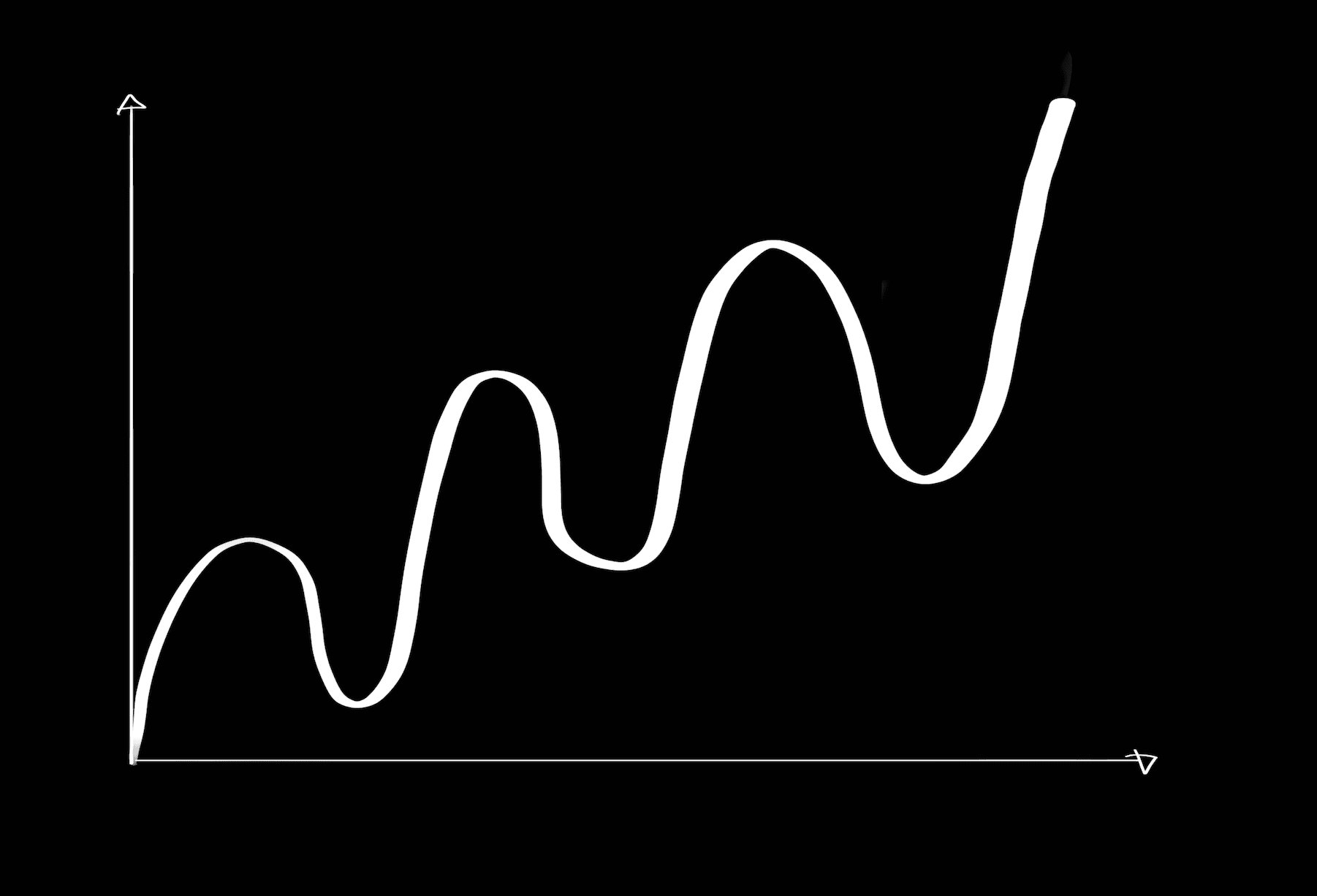as i've gone deeper into the true dynamics of technology companies — and how real progress gets made at the frontiers — i've come to understand how stupid it is to reject uncapped SAFEs in the early stage of startups.
in europe, nearly all investors in the "startup ecosystem" reject them outright.
they dismiss the instrument because their mental model of a technology company is closer to a brick-and-mortar store than to a true disruption. this is why i hate most european "investors" — they create the illusion of understanding technological disruption, market dynamics, and founder incentives, while being anchored to a false sense of safety that undermines everything they claim to believe.
in the purest form of power law venture capital, uncapped SAFEs are the correct instrument. here's the logic:
-
a founder going for a moonshot is the only scenario that can drive a full portfolio return — the massive-risk, massive-upside bet is the whole point
-
the investor should only care about the moonshot outcome and its likelihood — the bear and mid cases don't move the needle on fund IRR, so optimizing for them is a mistake
-
an uncapped SAFE maximally incentivizes the founder to go large because the first priced round determines their dilution — the later and higher that round, the better for them
-
this creates structural pressure to go big or go home, which is exactly what a true power law investor should want from their portfolio
this logic works cleanly for companies genuinely trying to disrupt something. it breaks for "normal" companies cosplaying as technology companies — and that is precisely europe's problem.
i recognize the circularity here: is the issue that europe lacks true technology companies, or that it lacks true technology investors? i think it's the latter. the consistent pattern of outlier founders leaving europe for SF is the early evidence — capital and mindset follow each other, and right now europe has neither at the frontier level.
i can't fully pinpoint which combination of cultural, economic, and geographic factors produces this broken way of thinking about early-stage investing. but what i can tell you is that the real outlier founders figure it out fast and head to SF when they run the numbers honestly.
i hope europe eventually stops pretending it's doing frontier work when it isn't. the gap between the narrative and reality is wide, and the self-delusion makes me angry.

